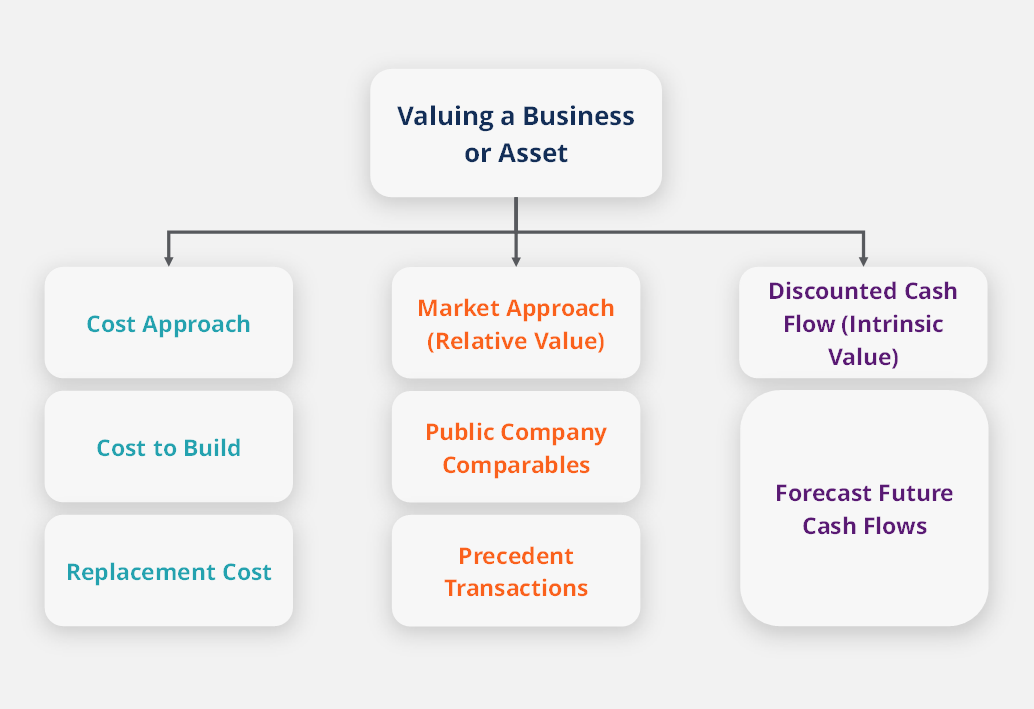
What is Disgorgement?
In legal terms, disgorgement is an action where something is given up – namely, profits – because they have been obtained illegally or unethically. The court system orders the individual or entity to give up such profits to prevent them from making unfair financial gains. Disgorgement is not a form of punishment, but instead, is merely a solution or correction of unfair practices.

Disgorgement in Securities Trading
Disgorgement is used heavily as a remedy in terms of U.S. securities law, forcing companies (or individuals) to repay any monies earned through illegal and dishonest means. It happens when the company or individual is found to have violated regulations put forth by theSecurities and Exchange Commission (SEC).
Any profits garnered from embezzlement, insider trading, and other illegal actions violate theForeign Corrupt Practices Act (FCPA)and are subject to disgorgement.
Example of Disgorgement
最高法院tha Kokesh与证券交易委员会裁决t the disgorgement penalty comes with a five-year statute of limitations. In this case, the SEC sued Charles Kokesh, stating that he violated securities law by “misappropriating funds” from a number of businesses. The court ruled in the SEC’s favor.
Kokesh appealed the ruling, stating that the charges were brought more than five years after the accrual of the claims. His appeal was denied, with higher courts ruling that because the disgorgement was remedial, not punitive. Kokesh was then required to return the $34.9 million he earned as a result of misappropriation of the funds from four business development businesses.
Remedial vs. Punitive Action
Disgorgement is supposed to be viewed as remedial action instead of being used as a punishment. According to the Securities Exchange Act of 1934, disgorgement is supposed to take away a wrongdoer’s ill-gotten gains and to serve as a warning to any entity that attempts to effectively steal from others or to profit in a way that is unethical.
Disgorgement is considered an equitable remedy, not a punitive action. It is not designed to punish, but to act as a tool for justice, requiring illegally obtained gains to be returned. It means that – in order to be equitable and not punitive – the SEC can only recover the approximate amount that was earned illegally or unethically. Seekinginterestor additional payment would make the disgorgement punitive.
Offenders generally view disgorgement as a punishment, while the offended and the SEC see disgorgement as a vehicle by which they can repair damages done. The offending party widely sees the action as a form of punishment for their illegal or unethical actions. For now, disgorgement is labeled a remedial action and is designed to put ill-gotten gains back into the appropriate hands.
Related Readings
CFI is the official provider of theFinancial Modeling and Valuation Analyst (FMVA)™certification program, designed to transform anyone into a world-class financial analyst.
To keep learning and developing your knowledge of financial analysis, we highly recommend the additional resources below:












